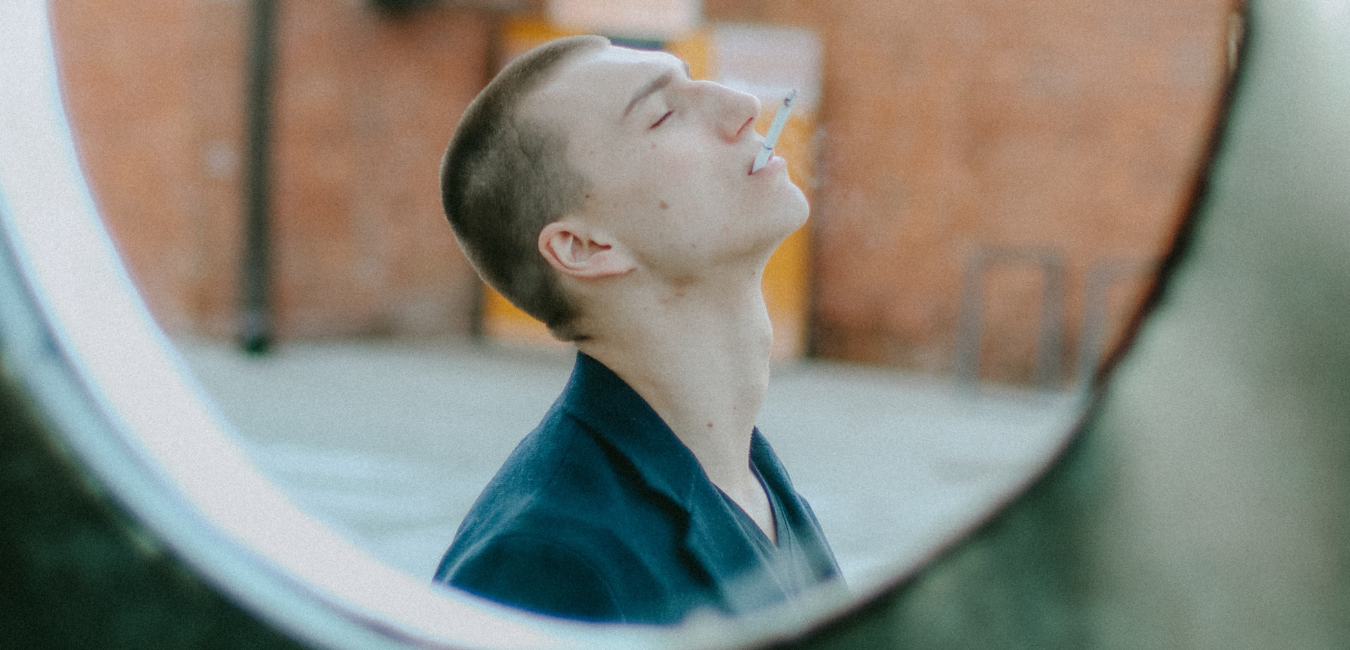Anxiety is a feeling of excessive worry and fear about a certain situation. Some people are not aware of the term ‘anxiety’ and have heard it from their peers that developed certain perceptions in their brains. It is very important to understand what anxiety is, what its symptoms are, and what are the possible treatments. With so much buzz happening around mental health issues, everyone should be aware of the myths about anxiety.
Anxiety is not as general as it is actually used in the modern world. Also, anxiety attacks are a serious muddle and should be handled with utmost care. Let us study and burst 6 common myths about anxiety.
Myth 1: Anxiety is not a serious condition
Fact: Anxiety disorder is actually a real and serious medical condition like physical problems like heart disease or diabetes. Ignoring severe symptoms of anxiety like fear, panic, restlessness, or worry can be very dangerous for health. Intense anxiety can lead to heart ailments and disturb the cardiovascular system and digestive system of the body with the increased concentration of stress hormones in the brain. Anxiety causes serious problems in the body like tightness in the chest, racing heart, difficulty concentrating, fear of dying or losing control, and difficulty sleeping due to worry.

Myth 2: People with anxiety should avoid stressful situations
Fact: A person needs to know that stress is unavoidable. People who get anxiety disorders treated; tend to handle stress more efficiently after treatment. Although it is true that certain stressful situations or encountering an anxiety trigger can be extremely unpleasant for someone with an anxiety disorder, if a person tries to avoid such situations, it would be more difficult. Stressful situations are an important part of treating anxiety disorders as they help in understanding the patterns of anxiety and its frequency.
Myth 3: Anxiety will go on its own
Fact: Some people assume that a person can control anxiety on his or her own. But this is not true. Distractions or attempts to suppress anxious thoughts may make them worse. If a person is suffering from an anxiety disorder, he or she must not avoid the condition and the problem. Instead, they must take steps to conquer the fear and the anxiety. One of the most effective anxiety treatments is talk therapy, also called exposure therapy.

Myth 4: Anxiety disorder is not common
Fact: The fact is that anxiety is the most common mental disorder in the modern world. While there are many different types of anxiety, it is difficult to find traces of the specific type of anxiety that a person is going through. Anxiety disorder has a significant impact on the daily lives of people. It is assumed that anxiety disorders are not common because they are not publicly discussed and declared because of a fear of stigmas and embarrassment.
Myth 5: Medication is the only way to prevent anxiety
Fact: While some people think that anti-anxiety medicines are addictive and they do not help, there is another crowd that thinks that medication is the only way to prevent anxiety. Although medication is an important way of treating anxiety, it is not the only way. Anxiety can be related to talking therapies, meditation, and yoga.

Myth 6: Severe anxiety panic means panic attacks
Fact: It is essential to know that an anxiety attack is different from a panic attack. General anxiety causes problems like worry, restlessness, tiredness, tension, and irritability. Panic disorders can lead to panic attacks. But severe anxiety does not imply that the person is going through a panic attack. There are some types of anxiety, like social anxiety disorder, when you experience intense fear and anxiety when you are around people. Phobias are also a type of anxiety disorder that is caused by an extreme and unreasonable fear of an object or situation.
One must know that anxiety causes physical symptoms apart from restlessness, confusion, worry, and fear. The physical symptoms are muscle tension, sweating, blushing, heart palpitations, shortness of breath, choking, nausea, and trembling. So now you know anxiety is more difficult to handle than you think.

